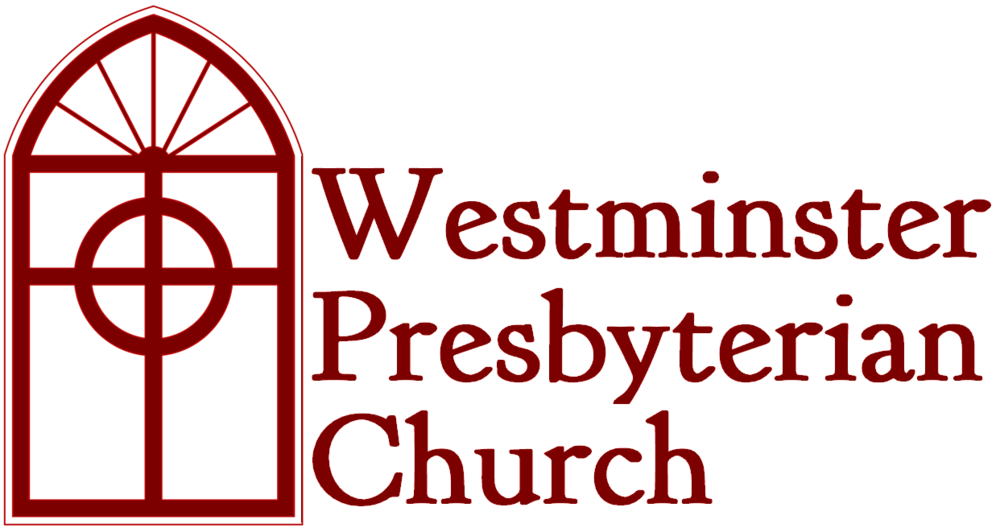I live in the mid-west now, where everyone claims to be a Christian, but the churches are empty.
A fellow pastor and I agreed that we’d much rather have a discussion with a hard-nosed atheist about spiritual matters than have the same conversation with a nominal Christian. Part of our reasoning had to do with something we both admire in atheists and have trouble finding in most Christians. Atheists, we agreed, at least know what they believe or don’t believe. They even attempt to structure their lives in light of that belief or unbelief. But can we say the same about many American Christians?
An early protestant, pastor-theologian, John Calvin, once spoke of “fanatical men” who thought corporate worship and preaching were unnecessary. They are not what we tend to think of when we hear of "religious fanatics." But, they were “fanatical” in Calvin’s view, because they were both wrong, biblically, and a minority within the society. But now, our country is filled with such “fanatical” men and women who share the very same beliefs.
Another protestant, theologian, Herman Bavinck, called this same group of people “spiritualists.” They were “spiritualists” because they thought that God would ordinarily work in their lives directly through the Holy Spirit, apart from such means as preaching, fellowship, the Lord’s Supper and the like. To put it differently, if asked how a Christian should grow in godliness, the spiritualist would simply say “God will make me godly.” This is true enough, but when asked how God would make them godly, the spiritualist would say, “through my own personal, private and direct interactions with God.”
It seems that most American Christians have adopted a religion that is, if nothing else, personal, private, and lacking in outward spiritual disciplines. Today, many self-proclaimed Christians roll their eyes at the idea that joining a church and faithfully attending that church’s worship gatherings is essential to Christian living. This is an idea that would have been taken for granted not many generations ago. It is an idea that is clearly taught by Christ himself (Matthew 16:18; Luke 22:19; John 13:34-35) and by the authors of the New Testament (Acts 2:42; 1 Cor. 14:40; Hebrews 13:16-17).
What is at the heart of this revival of Calvin’s “fanatical men” and Bavinck’s “spiritualists”?
The answer to this question is, I think, an old answer, not a new one. The answer is not ultimately tied to ever changing societal preferences or to recent technological advancements. Rather, the answer is this: In the hearts of many American Christians, God has taken a back seat to idols. Christians have allowed for the idols of our day to supplant the true God of Scripture. One might think that idolatry is a sin of older societies, but that is not at all the case. Let me update the language, so to speak, to illustrate my point.
If I were to say that Jesus is the hero and central character of the Bible, most Christians would gladly agree. But if I were to say that Jesus is the hero and central character of your life-story, while many Christians would politely nod in agreement, any evidence to support such a statement would, in most cases, be desperately lacking for American Christians. How could Jesus be considered the hero and central character when most people treat him like a supporting role, at best, and a brief, on-camera cameo at worst!
This is because all Americans, including American Christians, have been taught that we are the heroes of our own lives. The "pursuit of happiness" is defined by our own affections, desires, and goals, or so we are told. If that's not idolatry, I don't know what is! We have been taught to seek the “high life” and to marginalize anything that stands in the way of our pursuits. So, when Jesus bluntly says, “seek first the Kingdom,” most of us are forced to explain away the meaning of Jesus’ annoyingly clear words. “But, ‘first’ can’t actually mean, well, first!”
What would it look like if Jesus and the things that Jesus held to be of first importance came first in our lives? What would it look like if the quality of our life-stories were judged by their compatibility with the grander story of Christ and his Kingdom, instead of the other way around? What if Jesus became the hero and was given the on-camera time that he so deserves? Maybe Christians would see a radical spike in their holiness and their feelings of closeness to God. Who knows, maybe Christians would be as interesting to talk to as atheists.
Pastor Scott










